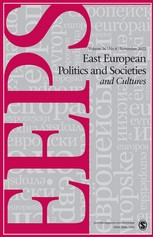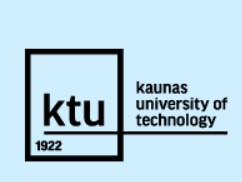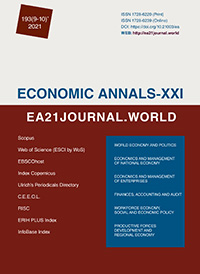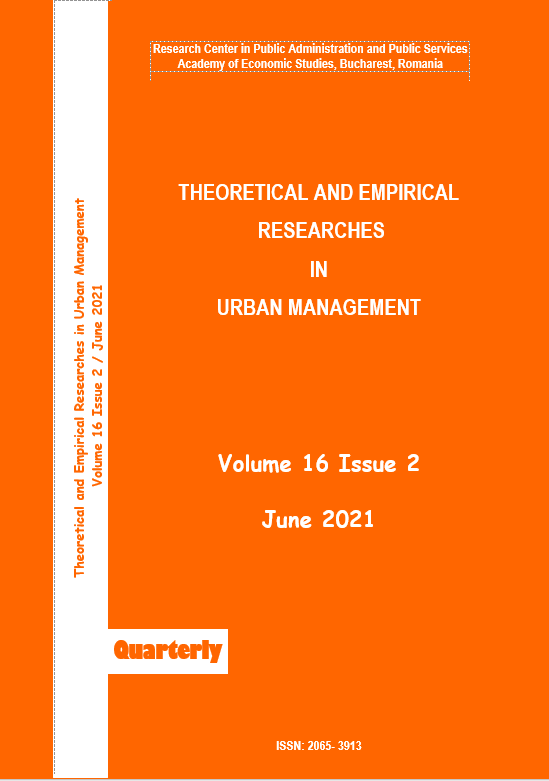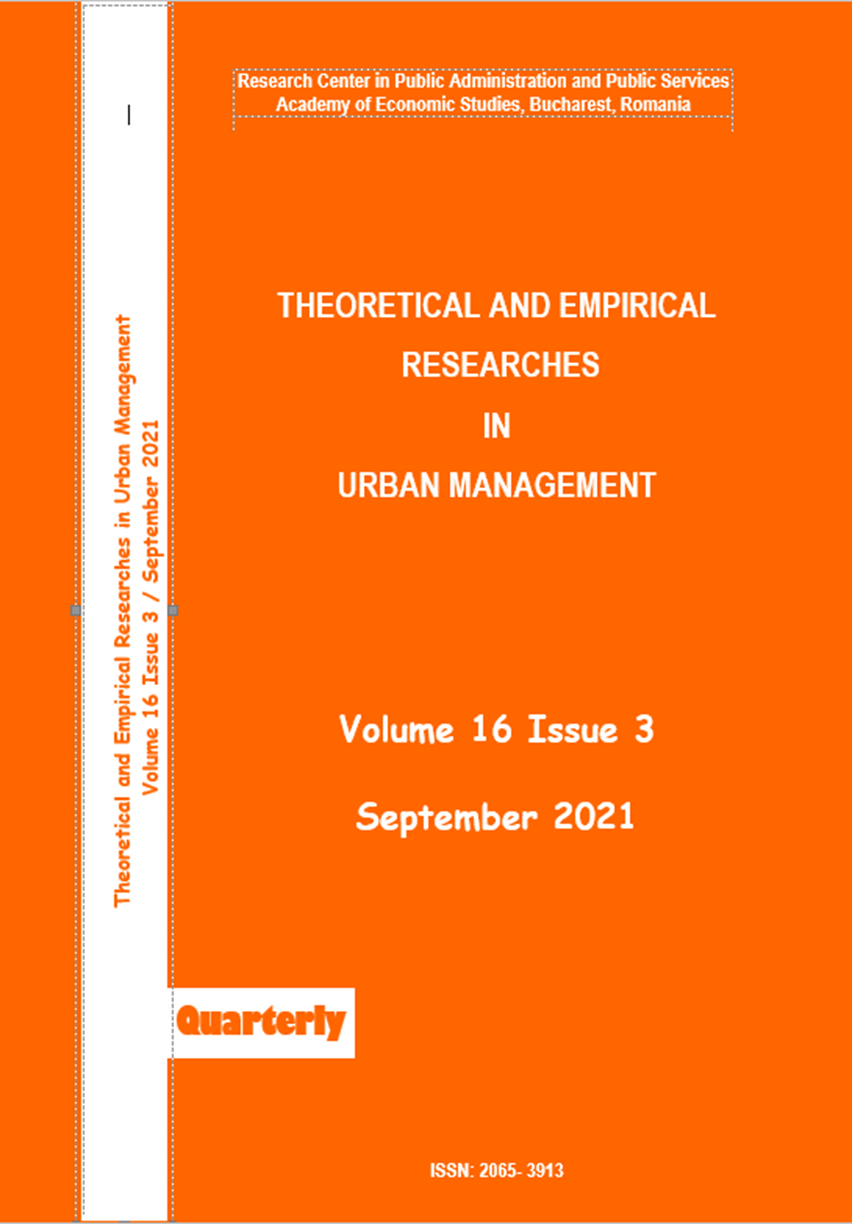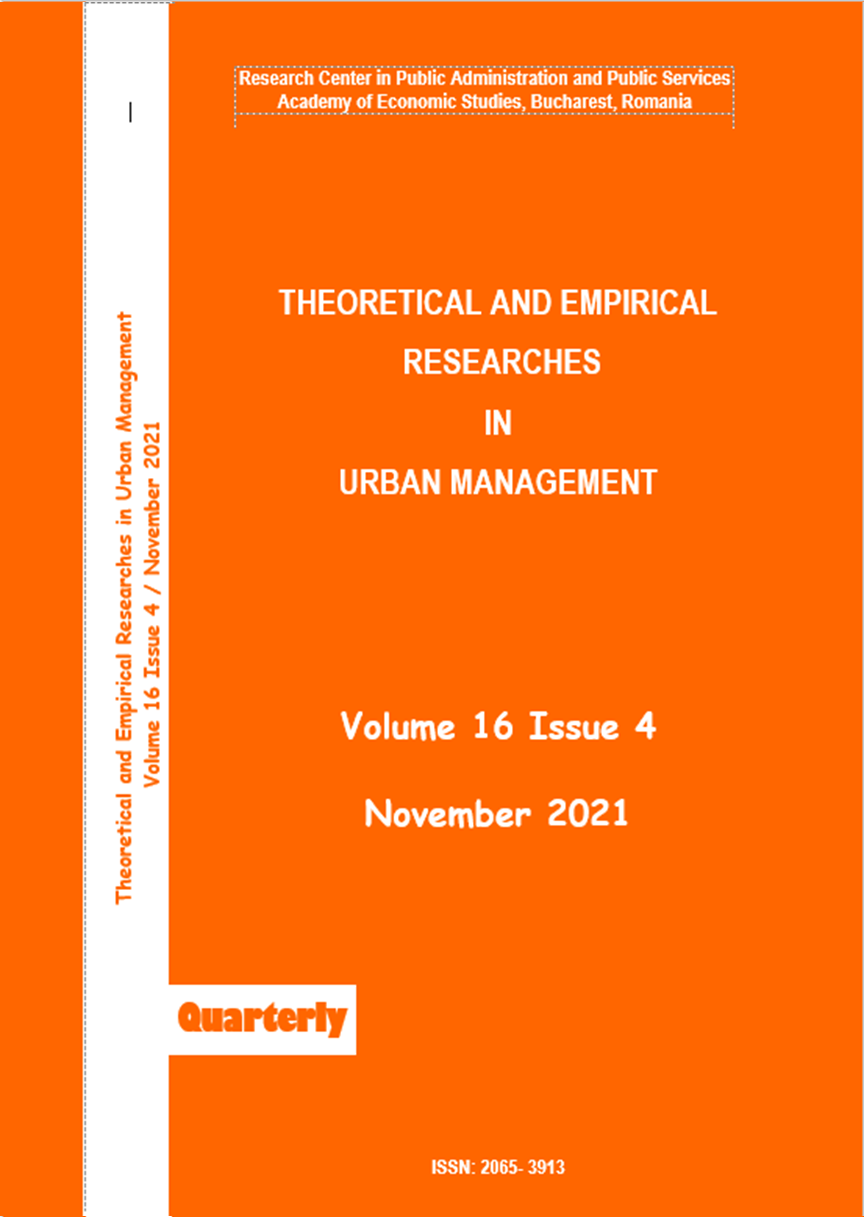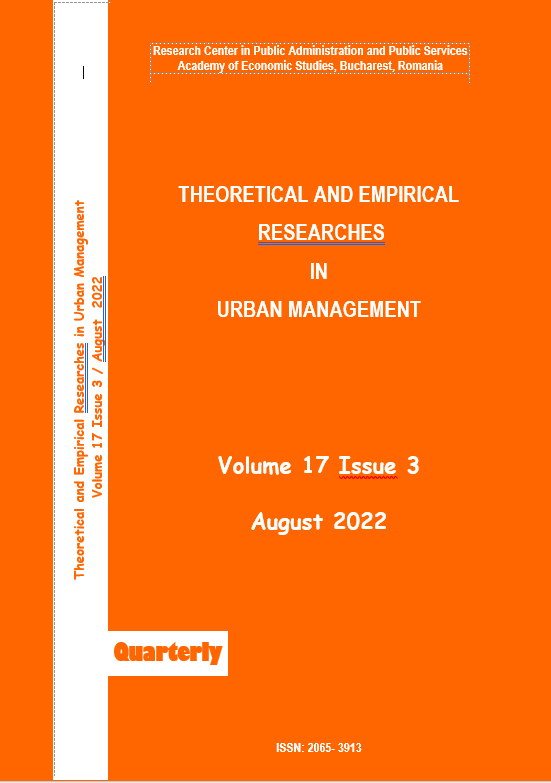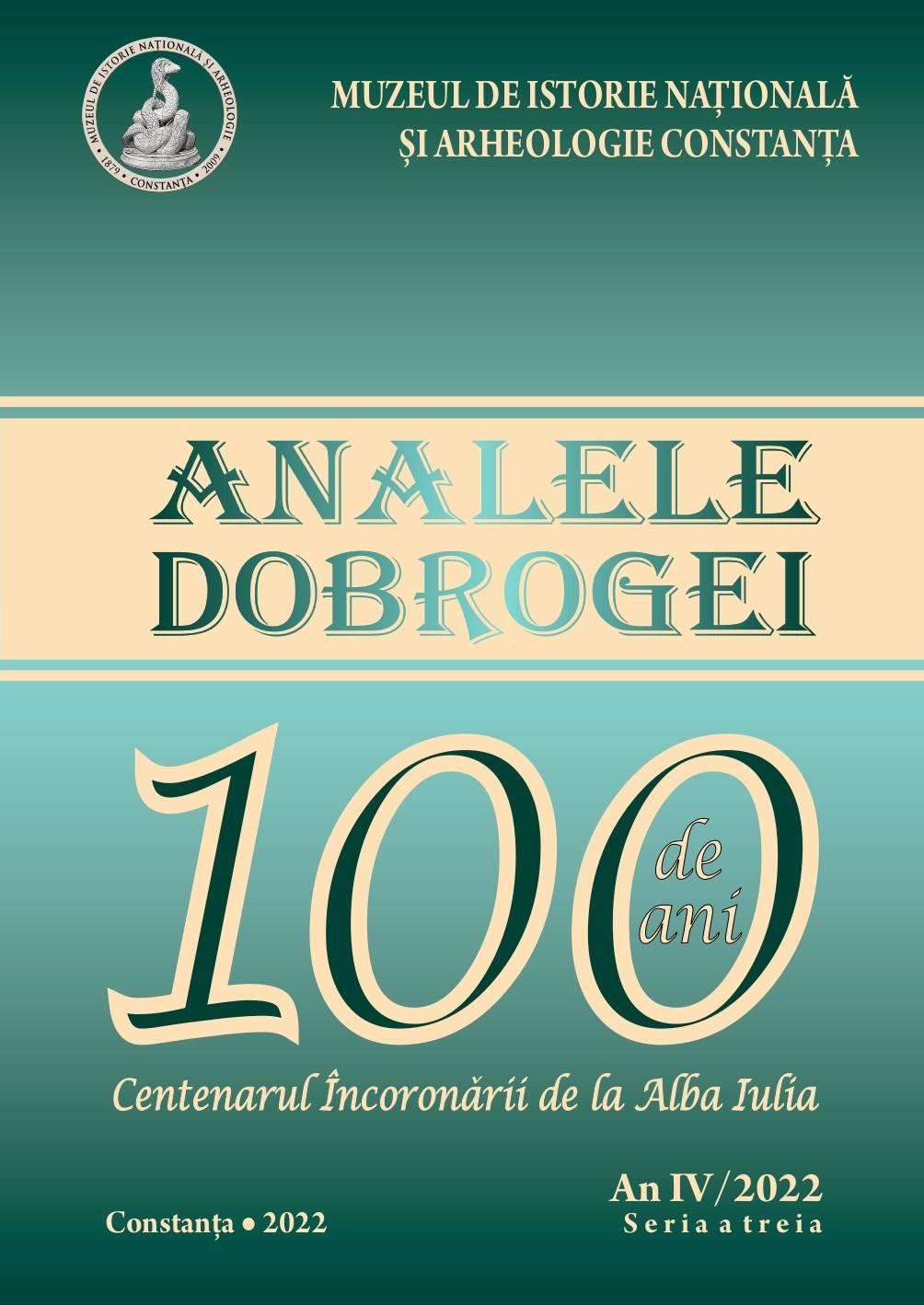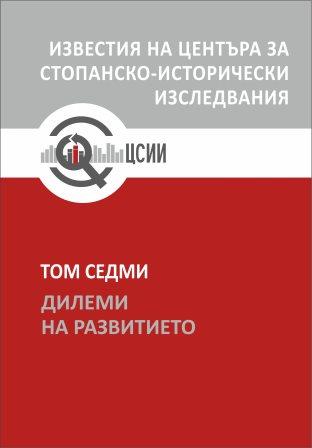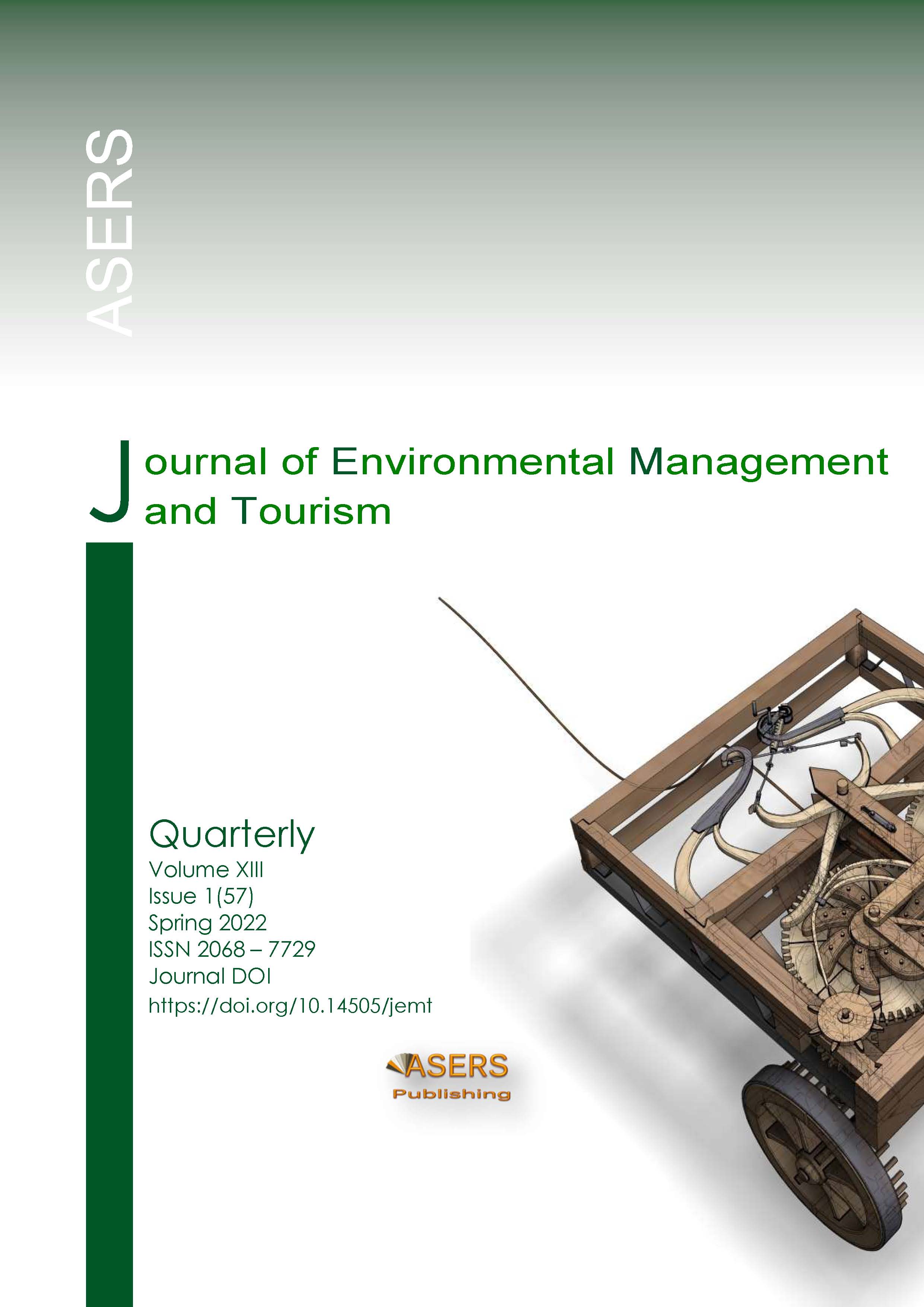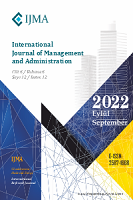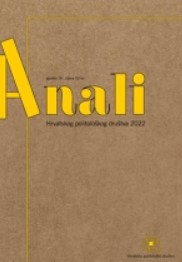Author(s): Maxim Sokolov,Dmitry Marushko,Leonid Zhigun,Ivan Morozov,Meir Surilov / Language(s): English
Issue: 09+10/2021
In the international sense, the digital economy is a network, systemically organized spatial structure of relations between economic entities. It includes the sector of creation and use of new information, technologies and products, telecommunications services, electronic business, electronic commerce, electronic markets, remote services and the like. There are different views on what should and should not be attributed to the digital economy. Initially, it was assumed that this is an expanded concept of the Internet economy, which includes neighboring market segments. This understanding has been revised in recent years, as many industries, including the «real industry», are undergoing a digital transformation. The process covers retail, passenger and cargo transportation, tourism, industry, agriculture, catering, hotel business, medicine, public administration. The enterprises of these industries, which caught the trend and started changes, become, in fact, Internet companies.The purpose of the work is to analyze the past experience of supporting young entrepreneurs in the context of state subsidy and financing programs.In the course of the work, the task is to analyze the foreign experience of supporting young entrepreneurs and its implementation in Russia using international experience in conditions of new digital economy.The results of the work will be useful for analyzing the impact of support mechanisms for start-up entrepreneurs in the CIS.
More...

